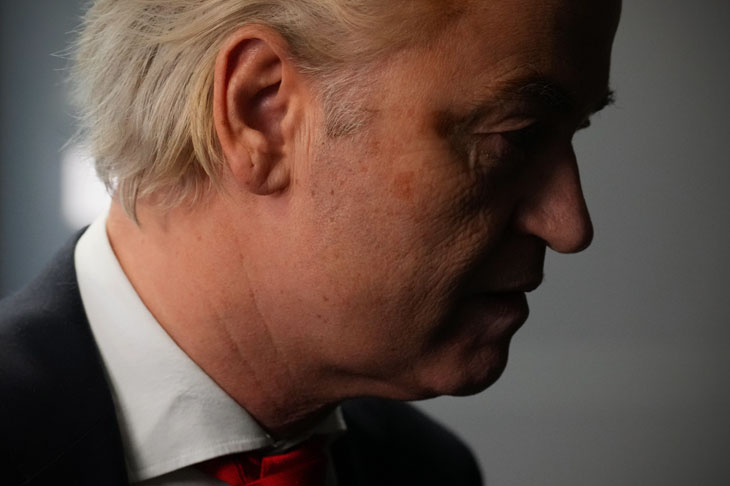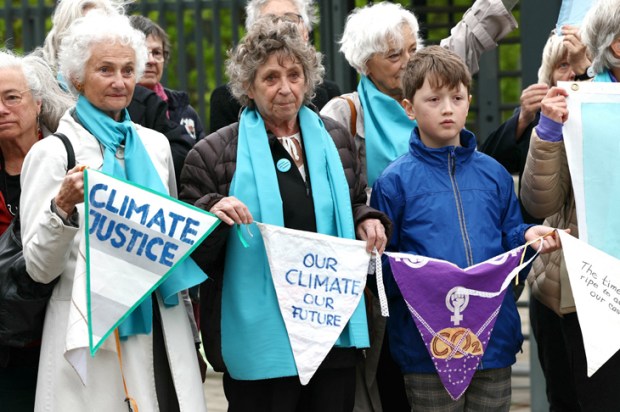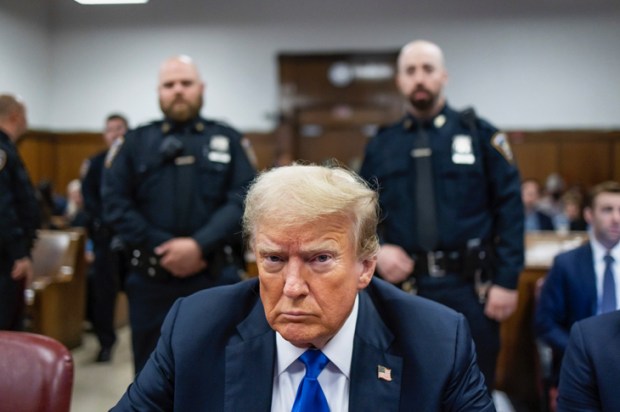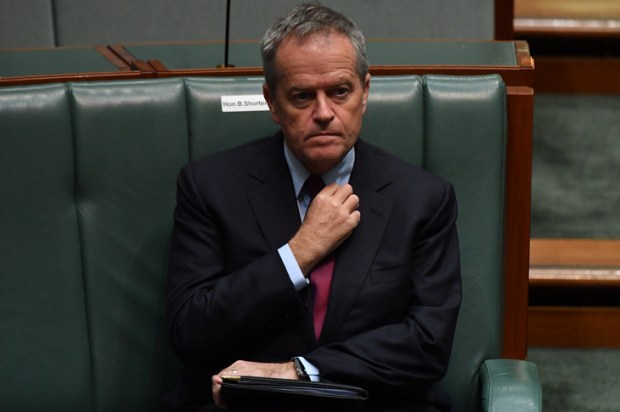London’s EU-friendly Financial Times, aka the Brussels Pravda, is the daily compulsory reading for Eurocrats and preens itself with its self-image as the sober voice of insight and wisdom on matters European. So it was that its view of what was likely to happen in the Netherlands’ 22 November elections was studied closely –especially as the normally politically boring Dutch have been showing unusual signs of bolshiness of late, notably their farmers’ rebellion against EU climate rules that threatened one of the world’s most productive and efficient food producers.
Already a subscriber? Log in
Subscribe for just $2 a week
Try a month of The Spectator Australia absolutely free and without commitment. Not only that but – if you choose to continue – you’ll pay just $2 a week for your first year.
- Unlimited access to spectator.com.au and app
- The weekly edition on the Spectator Australia app
- Spectator podcasts and newsletters
- Full access to spectator.co.uk
Unlock this article
@markhiggie1
You might disagree with half of it, but you’ll enjoy reading all of it. Try your first month for free, then just $2 a week for the remainder of your first year.














Comments
Don't miss out
Join the conversation with other Spectator Australia readers. Subscribe to leave a comment.
SUBSCRIBEAlready a subscriber? Log in